Dschinn | Interview | New Reissue
Dschinn released a monster hard rock record in 1972 on Bacillus Records. Longhair Music recently reissued and remastered it with a bonus track.
Members of Dschinn were Peter Lorenz on lead vocals, rhythm guitar, Bernd Capito on lead guitar, vocals, Silvio Verfürth on bass, vocals and Jackie (Athanasios Paltoglu) and Uli Mund on drums, percussion. The story of Dschinn began in Hessen where members formed the Hurricanes. The band played a lot of shows and eventually changed its name to Dischas. Soon they recorded the ‘Hear What I Say’ / ‘Come Back To Me’ single which gained some success in Austria. More singles followed (‘Woman’ / ‘Hurry Up’ and ‘Let’s Go Together’ / ‘Never, Never’), but the band decided to change their style of music to a more complex and heavy, which led to another name change into Dschinn. The band got in touch with Bacillus Records and released their sole self-titled album. Soon they disbanded.
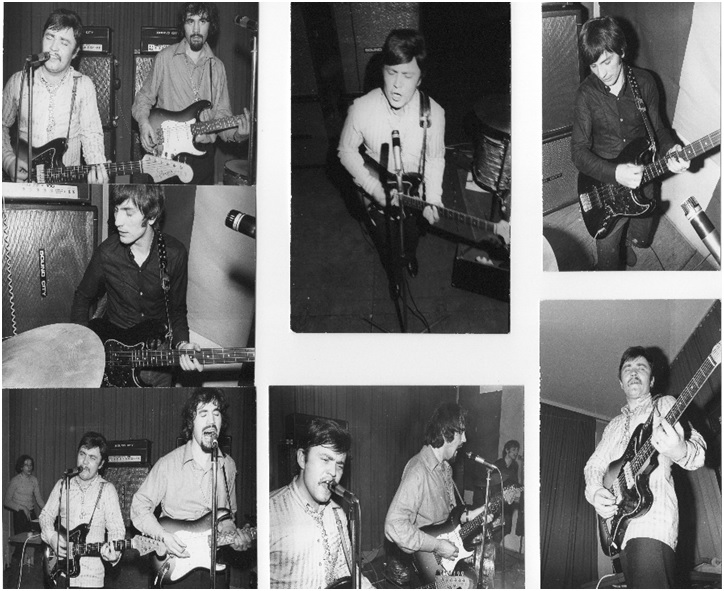
“A spirit that can take human or animal form and exerts supernatural power”
Where and when did you grow up? Was music a big part of your family life?
Sylvio Verfürth: I grew up in Marburg.
Bernd Capito: Peter Lorenz, Uli Mund and I are from Kirchhain, Hessen. No, not at all.
Peter Lorenz (“Eddy”): My family wasn’t into music.
Jackie (Athanasios Paltoglu): I grew up in Alexandroupoli.
When did you begin playing music? What was your first instrument? Who were your major influences?
Sylvio Verfürth: As a young boy I was very problematic. My father was a professional musician and he insisted I learn about Bach and Beethoven. It took about three years for me to make the transition from piano to guitar and when I heard ‘Jailhouse Rock’ by Elvis Presley it was all over!
Peter Lorenz (“Eddy”): As a young man I was able to push my vocal cords loosely over two and a half octaves, prompting my parents to place me in the care of a music school at an early age. I also learned guitar.
Jackie (Athanasios Paltoglu): I was born in Thessaloniki, Greece in 1946. When I was a kid I drummed on everything; chairs, tables and other defenseless objects.
Bernd Capito: Like many youngsters who’d been interested in music, it began mostly at the age of 10 – 15 years. Sylvio Verfürth learned piano, his father was a pianist who surely influenced his son, but he changed later to guitar and bass. Together with Lorenz I visited a music school in Kirchhain and Frankfurt. Uli Mund and Jackie (Athanasios Paltoglu) trained their talents learning by doing as autodidacts. The major influences happened in the end of the 50s, and early 60s, which came from the broadcasted radio stations playing rock ‘n’ roll and beat music and last but not least from pure guitar groups like The Shadows, The Ventures and many other popular groups of that time.
How would you describe the early counterculture scene in Germany in the late sixties and early seventies?
Bernd Capito: There’s always been a music scene which naturally existed in Marburg. It was a famous University town, where many students did study and acted beside their protests against the establishment (1968 Movement), this is what happened overall in bigger towns of Germany. Of course, these had an essential influence and effect for many bands who tried to create their own music and songs in the German-scene to follow the time-spirit of the 60s.
“Always straightforward”
Tell us about those early years and formation of the Hurricanes.
Sylvio Verfürth: I played an electric guitar at the American officers’ clubs and cuddly night bars for several years. There I met Bernd Capito (“Capo”), who was desperately looking for a bass player. Around this time I made the transition to bass as I really loved the hard-hitting bass lines of Jack Bruce. This eventually led to the formation of the Hurricanes.
Keith Moon smashed drums and hotel rooms, his buddy Pete Townshend smashed wickedly expensive guitars, coked-up Richie Blackmore puked on stage guilelessly, Elvis sweated and didn’t really fancy singing anymore, a later foreign minister fought street battles with the police. In this heated-up and creative milieu, the Hurricanes searched for their musical identity in the second half of the 60s. This consisted primarily of cover-based hoots from Cream, Kinks, the Rolling Stones, the Who or Jimi Hendrix Experience. All spruced up with the specific Hurricanes sound, which, following the zeitgeist, cut a tonal swath of tremendous force through the country. A bone-hard bass in combination with Jackie’s (Athanasios Paltoglu) double drum created a violent groove that carried Eddy’s (Peter Lorenz) full voice light-footedly to the event horizon unlike the squallers of the time – a strong contrast to the rhythmic corset on which Bernd sprinkled his razor-sharp riffs like chocolate crumbs on a cream tart. From North to South, from Hamburg to Munich, across Europe. They played in now cult clubs such as the Hamburg Star-Club, the Blow Up in Munich and even strayed into the Club Med in southern Italy. We rocked at countless festivals, in small and large festival halls, in beer tents and beat clubs, at the Berlin radio show with the very young Joy Fleming and with Rex Gildo for the opening in a Marburg men’s boutique. Always sharply off the grid of relevant TV stations and hit parades. And people liked our music. Above all, because it was loud. Penetrating, absorbing, driving. No frills. Uncompromising. Always straightforward.
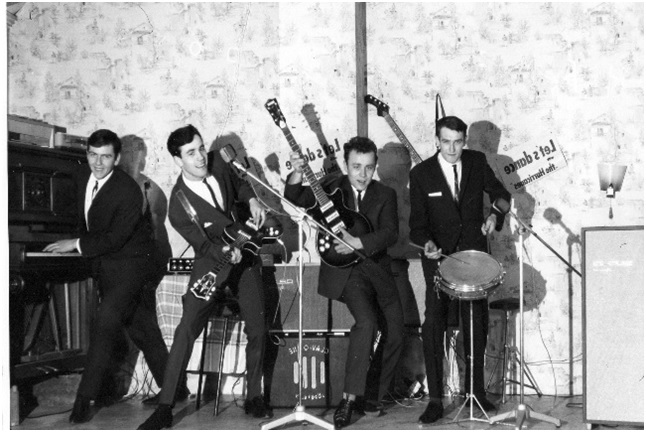
Bernd Capito (Capo): I practiced chords in a music school until my hands bled and it was good enough to play ‘Apache’ and ‘Ghost Riders’. I roamed the local pubs with Eddy and perfected my guitar playing. First in the beginning back to 1961, I and three other musicians played in my hometown Kirchhain and villages around in a dance-combo called The Hurricanes for three years. After some musicians had left or changed the band, The Hurricanes, one after another Peter Lorenz, Athanasios Paltoglu and Sylvio Verfürth completed the band later and the music-style changed to popular-music like beat and rock ‘n’ till underground-music arrived. So the whole time till the end of the 6’s we’d played together as The Hurricanes Showband, playing top 40 hits.
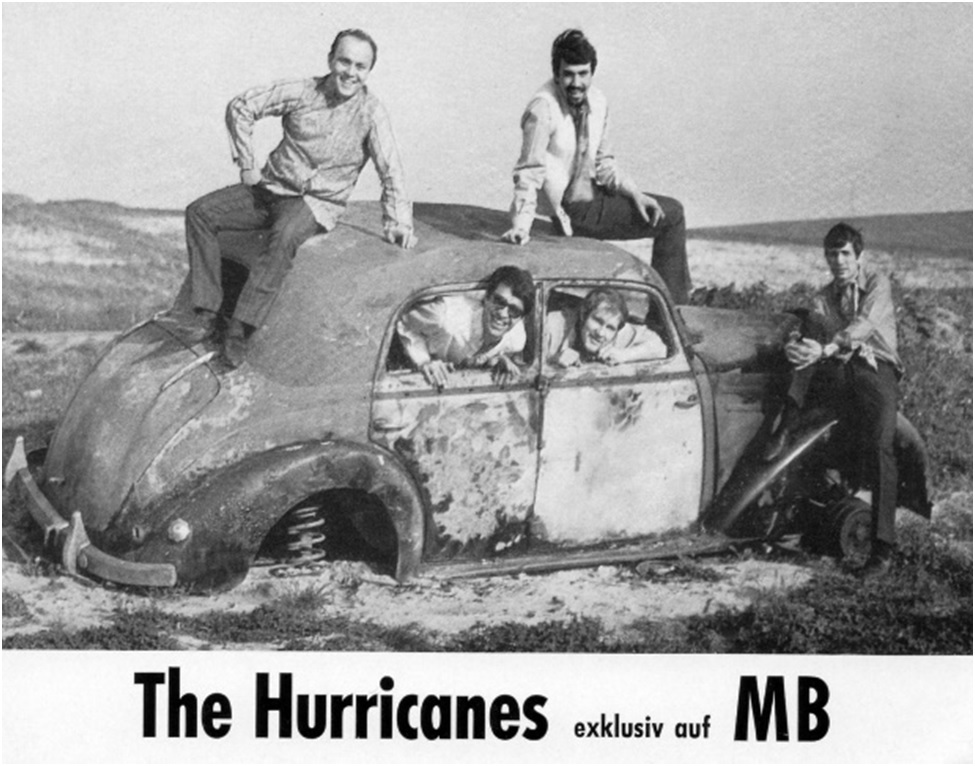
Uli Mund: In 1965 I founded the student band the Dukes, which had a lot of success in central Hesse. Before joining the Dischas, I was drumming in a number of other amateur bands.
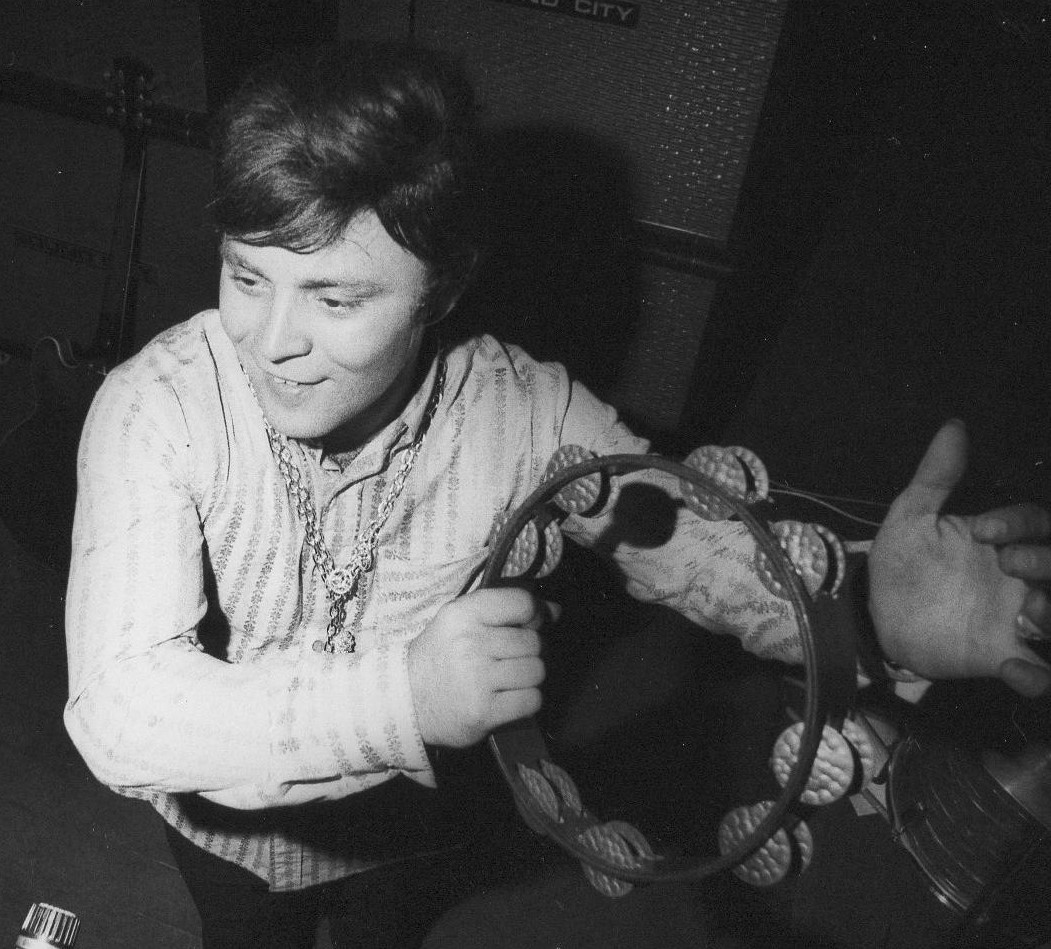
What led to the Dischas?
Sylvio Verfürth: A temporary name change was accounted for by the financial constraints. We produced three single records at the end of the 60s – commissioned and with the support of a regional tire entrepreneur, who successfully promoted his products via these tracks. These discs ran nationwide in thousands of jukeboxes, which at that time stood in every pub. This commissioned work, limited to three records, was published by Rex Records, a small distribution company in the south of the country. The music was mainstream folk-rock with English lyrics and had little to do musically with what we would later do in Dschinn. Our single ‘Hear What I Say,’ stayed on the Austrian charts for weeks. With the proceeds of this musical philandering we were able to buy and equip our backline to almost 1000 watts –a tremendous powerhouse and a real challenge for every organizer in the 60s.
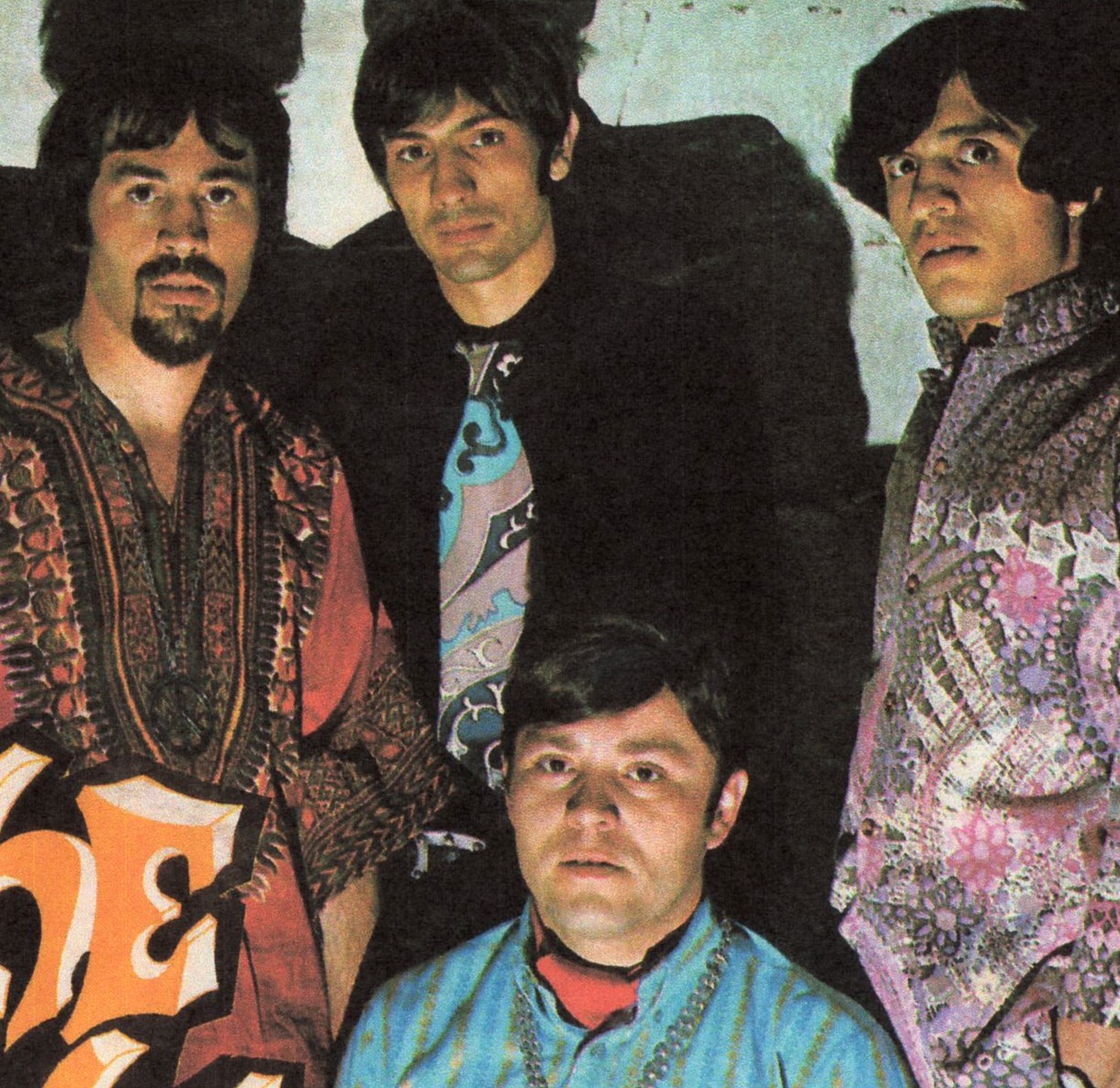
Jackie (Athanasios Paltoglu): When I moved to Germany I soon got to know the guys and was happy to join them.
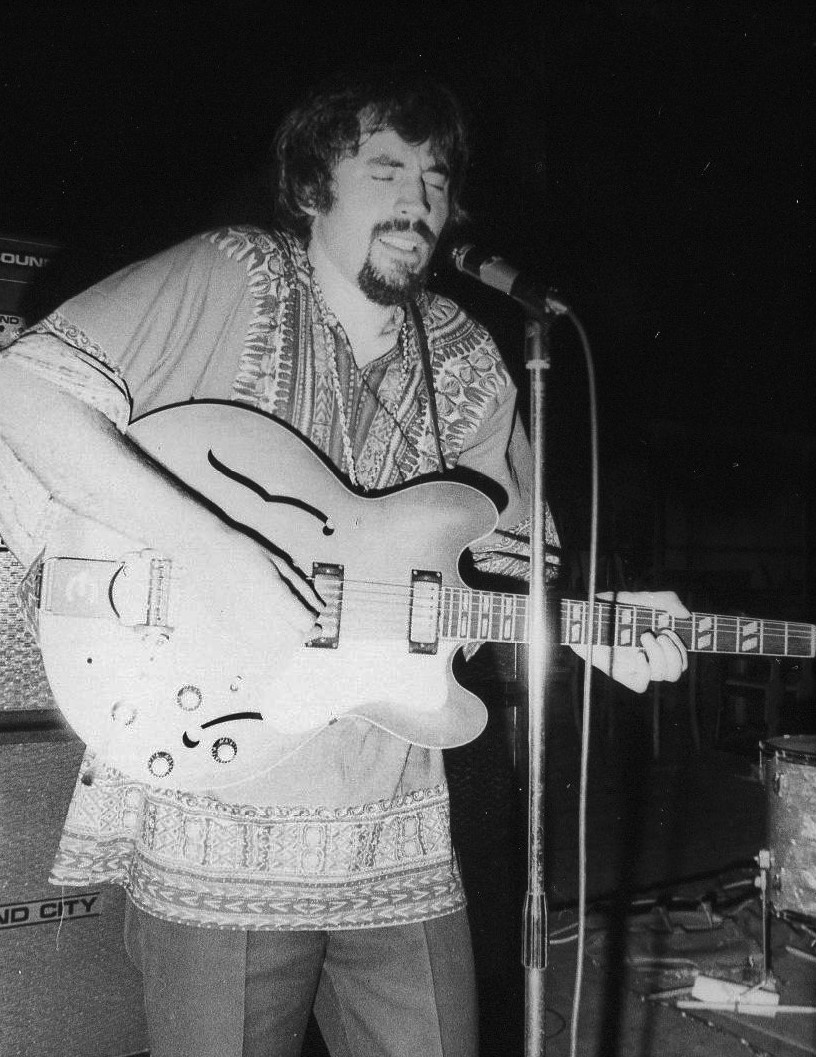
Bernd Capito (Capo): Jacky came back from military service in Greece and rejoined the band as a drummer, Gerold Stiebeling played the accompanying Vox organ until he left. Finally, with the financial help of a tire company, the Hurricanes became “The Dischas” with me, Eddy, Jacky and Sylvio – named after a sponsor, a regional tire company.
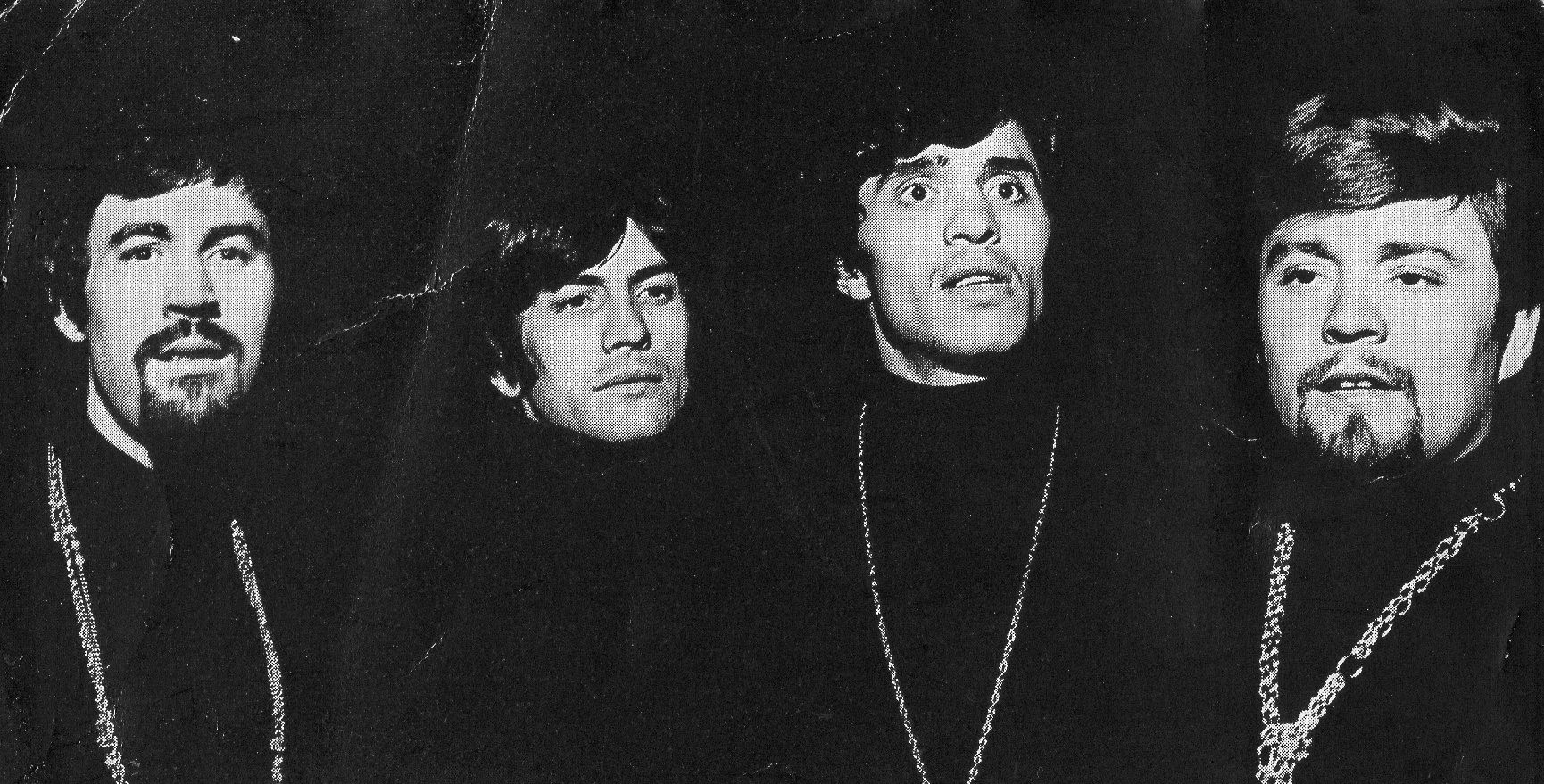
This brings us to Dschinn.
Sylvio Verfürth: It was time for something new. Time for something of our own. Bernd had long since revealed himself as a competent custodian of singable poetry. His lyrics, catchy stories about everyday life, were effectively fueled by my stories and powerfully pepped up by Eddy’s voice. We not only changed our sound to a more progressive style of what could be described today as heavy psych, but we also changed the name of the band. In Muslim traditions Dschinn is a spirit that can take human or animal form and exerts supernatural power on people, which seemed appropriate to our music.
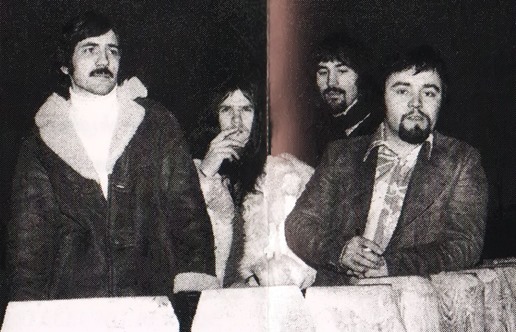
Bernd Capito (Capo): After playing this way, nearly for a decade, there’s been the necessity and will to do more than just playing top 40 hits. We changed our name because investors demanded it. We played on stages nearby in smaller towns and bigger cities all around, often in Marburg too, Kassel, Giessen, Wetzlar, but also overall in Hassia… wherever there was an opportunity to play for, mostly in smaller clubs, but also bigger events in city-halls, festivals et cetera.
How did you get signed to Rex Record?
Bernd Capito (Capo): After recording the first 6 titles of our songs, 3 singles in the Bavaria-Studio in Munich, there’s been no interest shown by the music companies. Only Rex Records had given a contract to start with the singles in their overall.
You released three singles, ‘Hear What I Say / Come on, Come Back’, ‘Woman / Hurry Up’, and ‘Let’s Go Together / Never, Never’. Tell us about those songs.
Bernd Capito (Capo): Under the influence of that time we tried to create some of our own songs. Lorenz and Capito mostly wrote material. Silvio and Jacky added their own share to fill in these songs with rhythm, bass, and chorus, to complete all songs by their own way of feelings too. This had been sometimes a procedure of many discussions, many hours of exercises and remakes, before the song was live recorded/taken to hold on a 2-tracks tape-recorder-machine. Inspired by the music, I mostly took care of the lyrics.
What led to the name change into Dschinn? Did the lineup remain the same as The Dischas?
Bernd Capito (Capo): After the master tape of nine songs was produced in Ton-studio-Mitte in Bremen, there’s been a producing condition of Bellaphon/Bacillus to change the name from The Dischas into another group-name which sounds more suitable to the produced music-style. So we chose another fitting name, founded and settled on the name “Dschinn.”
How did you get signed to Bacillus Records?
Bernd Capito (Capo): After the master tape was produced in Tonstudio Mitte in Bremen (1972), it wasn’t easy to find and to get a contract by any well known record companies, most of them had shown no interest in this kind of music. The style wasn’t out of the mainstream. Disappointed, but not willingly to accept it, Lorenz and I introduced the master tape to Bellaphon/Bacillus label from Frankfurt where a contract was signed after the introduction of our master tape at Bellaphon/Bacillus-label. The release of the Dschinn LP started in 1972.
What were the circumstances around recording your sole album?
Sylvio Verfürth: The entire production with ten own titles was recorded in a four-track studio in Bremen. This was shoe lace production on very low flame. No overdubs, no cuts, no technical frills. A production under genuine live conditions. A one-take production in which the rock label Bacillus Records, an offshoot of Bellaphon in Frankfurt/Main, showed great interest and which it included in their program. ‘Rock’nRoll Dschinny,’ a song with high-flyer quality, was still on a Bacillus sampler two years later.
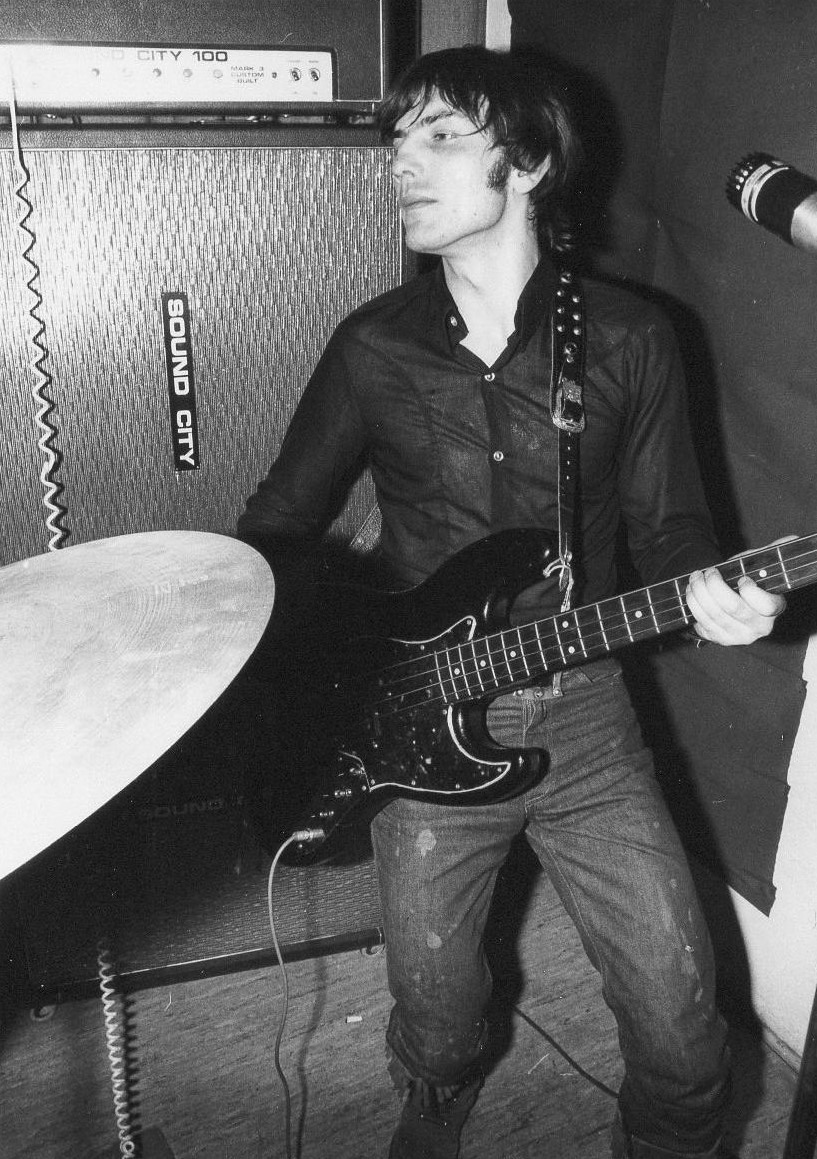
Bernd Capito (Capo): After a musical reorientation towards progressive rock we started to work in a studio in Mitte/Bremen. A little later, on a Bellaphon sampler, the track ‘Rock’n Roll Dschinny’ was released. Around the time Jacky followed his professional training and Uli Mund joined as a drummer. This line-up recorded a few tracks in the Ton-Studio Mitte/Bremen. We played with groups like Shocking Blue and Nazareth. Unlike most German Krautrock artists who ventured into freaky tunes meant for a journey into the cosmos and beyond, we were much more down to earth and in reality sounded more like an Anglo-American hard rock band of that time with lyrics about freedom, love and other everyday things. The compositions were not particularly complex and revolved around catchy, blues-based melodies. Dschinn were characterized by having two drummers and delivering strong poly-percussive grooves that tapped into some Middle Eastern ethnic influences, similar to Agitation Free, only in the context of bluesy hard rock.
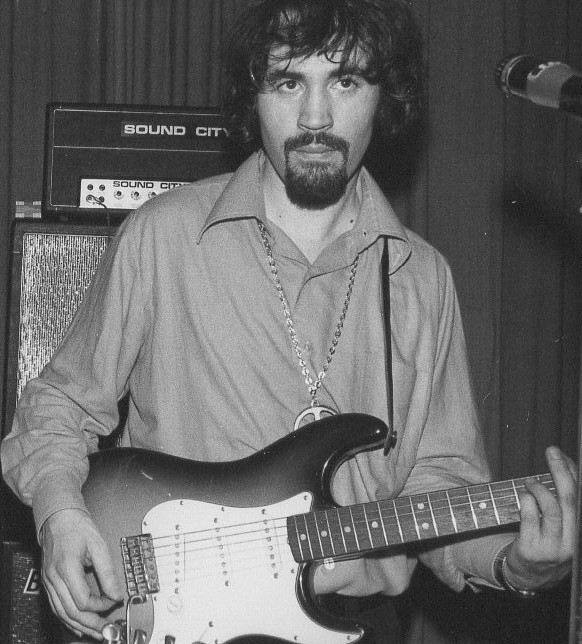
Side A starts with ‘Freedom,’ a loud spacey sound leading in before the riffs, drums and bass really get going. Lorenz’ rough voice follows in this catchy and melodic track which is contrasted with a grungy sound. Space sounds from the beginning finish the track which ranks among the best 3 tracks on the album. ‘Fortune’ is another top 3 and gives off an almost Sabbath-like feel with the deep intro which fades into a Cream-like sound including the vocals; nice guitar solo at 1 1/2 minutes bass is mixed forward which gives the track pace and liveliness ‘I’m In Love’ shines with great bass and drum work, again the breaks are fantastic with the bass and guitar playing dominate. ‘Train’ is a bluesy number with harmonica. ‘Let’s Go Together,’ the first track on the album’s B-side, is the shortest track at just over 3 minutes, starts with a cymbal hit, followed by a catchy beat, joined by bass and vocals and the occasional harmonica, somewhat reminiscent of the Beatles. ‘Smile Of The Devil’ is the third top 3 track. It sounds pretty relaxed and focused on the vocals, cool lyrics. ‘I Wanna Know’ is a great contrast as it gets down to business from the start. Aggressive guitar and drums paired with passionate vocals. ‘Are You Ready’ is the most commercial track on the album… Raging fuzz guitars, pounding, driving drums and great vocals lead the way.
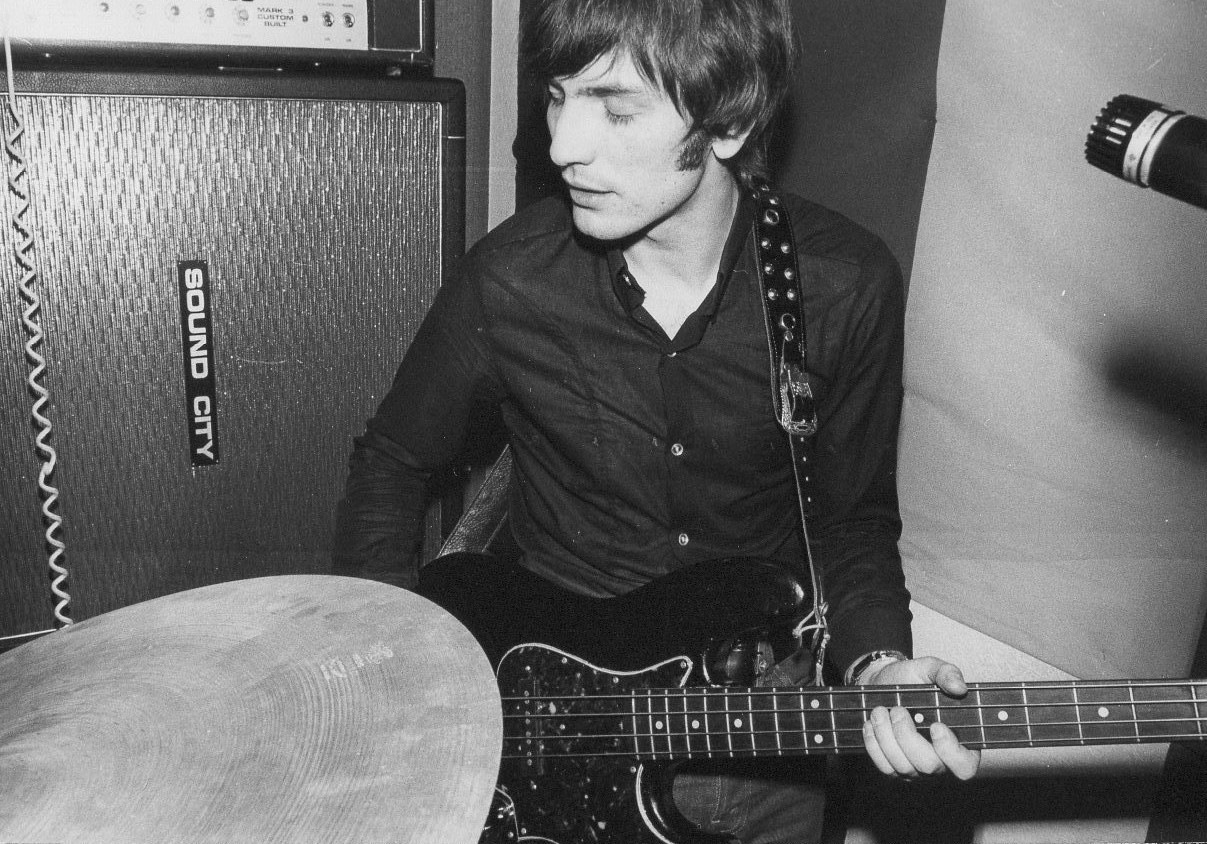
Bernd Capito (Capo): Naturally the gigs on stages produced a lot of ideas which sometimes created new songs to play and test it there for the audience reaction. The successful songs which seem to be worth producing were kept in mind, noticed on the list for the LP production in advance. We met many times during the upcoming weeks. After our professions-work (yes, we worked to have an income!) we rehearsed and recorded remakes again and again to compose these songs.
Ralf Jensen was the producer of our album in his own studio in Bremen. He was unknown to us at the time. We did the recordings in 5 days at the studio. The studio equipment was a pure 70s analog system with a 4 track Studer and auxiliary plate-hall.
What kind of equipment did you use and how many hours did you spend in the studio?
Bernd Capito (Capo): We had two guitar amplifiers Sound City 100, 1 bass amplifier Sound City 100. Lead guitar was Fender Strat, Vox-Wah-Wah, Mxr-distortion, Fender Telecaster, Fender Bass, Ludwig drums.
Do you know how many copies were originally issued by Bacillus Records?
Bernd Capito (Capo): Bellaphon sended us mostly regularly a 6-month Settlement of accounts which to show its sale, which of course after the release-start, kept low for years! But there’s no exact evidence about the whole worldwide sale of copies, especially the bootlegs-copies. So we can only estimate the number of copies which lies, I think under 10,000 pieces or lower, but more in the last years of thousands downloads, after the song ‘Let’s Go Together’ was used in the US tv production Better Call Saul, offered by all streaming-services.
Speaking of ‘For Your Love,’ after a half century looking back, I’ve read a lot of other reviews on the web which are often well described and classified, so I’ll better leave that those writers, but I think, our way to create and write these songs under the minimal conditions at the time wasn’t bad at all.
How pleased were you with the sound of the album? What, if anything, would you like to have been different from the finished product?
Bernd Capito (Capo): The way of recording under the restrictions of a 4-track recording-machine (Studer 32)… well it was a handicap… So these takes had a complicated mix, which was always a compromise, in loudness, sound and the finish result. Of course, there weren’t the possibilities of today’s studio-equipment for a better sound and quality, but those were the conditions and limits to produce the Dschinn LP.
What can you say about the psychedelic cover artwork?
Sylvio Verfürth: The cover artwork featured a trippy-psychedelic, Dali-like picture painted by Klaus Holitzka. He got hired by the label.
The Second Battle CD version includes some bonus material. Would you like to talk about it?
Bernd Capito (Capo): The bonus-material of songs were mostly older recorded songs or sometimes taken on stage.
Is there any unreleased material left by the band?
Bernd Capito (Capo): There exists only older homemade tapes by a tape recording machine which are first takes, only experiments, only studies with development-characters.
Looking back, what was the highlight of your time in the band?
Bernd Capito (Capo): Naturally, we’re all proud about it and its current worldwide interest. We had a splendid time.
Any particular crazy stories you would like to put on paper?
Bernd Capito (Capo): Good luck sometimes happens twice a day. In 1973 after the release of our sole album, we’d been invited to play at the International Radio and Television Exhibition/West-Berlin. With fully loaded band equipment in our Mercedes tour bus we (Eddie, Jacky and me) started to drive via Kassel, Helmstedt per Transit-way to West Berlin. Silvio did fly by jet directly. Entering the transit-way/control-point/DDR at Helmstedt with a 3 times stop, with full control of persons, load and bus and the same procedure when entering and leaving West-Berlin at Dreilinden/Drewitz-West Berlin seemed for us fairly too much fuss about it. This had really shocked us for our way of living in freedom and harmony, for we wanted and did play our song ‘Freedom’ on stage with full energy. After the successful gig under the big shade of the Radio-Tv-Tower/Berlin and overnight stay, a young DDR citizen asked us, whether we can give him a lift to West Germany, … he wanted to hide in the bus behind the boxes of the equipment-load. But this could be very dangerous for us, with many risks of losing freedom and equipment for a forbidden help and right away later this did happen nearly as follows. That’s why we regretted it and so we told him we cannot do it. We were really sorry about that! Leaving West Berlin for driving back home via Helmstedt we’d taken the wrong exit via Magdeburg straight into the heart of the DDR, after 10 minutes drive we were suddenly stopped and fully controlled, whether there’s a refugee hidden in the bus, by the Stasi/Police!! So we’d been glad to make the right decision not giving this guy any help. The first good luck of the day! The second bad luck did happen on the autobahn near Kassel, as suddenly the right front-tyre of the bus burst and nearly caused a terrible accident and catastrophe! Eddy, who’s been the driver, stopped the bus by holding the steering-wheel and brake with all of his might and that prevented a bigger damage! Second good luck happened that day!
Are you excited about the Longhair reissue?
Bernd Capito (Capo): This is really an honor for us and we do really appreciate Mr. Steinheuer’s work.
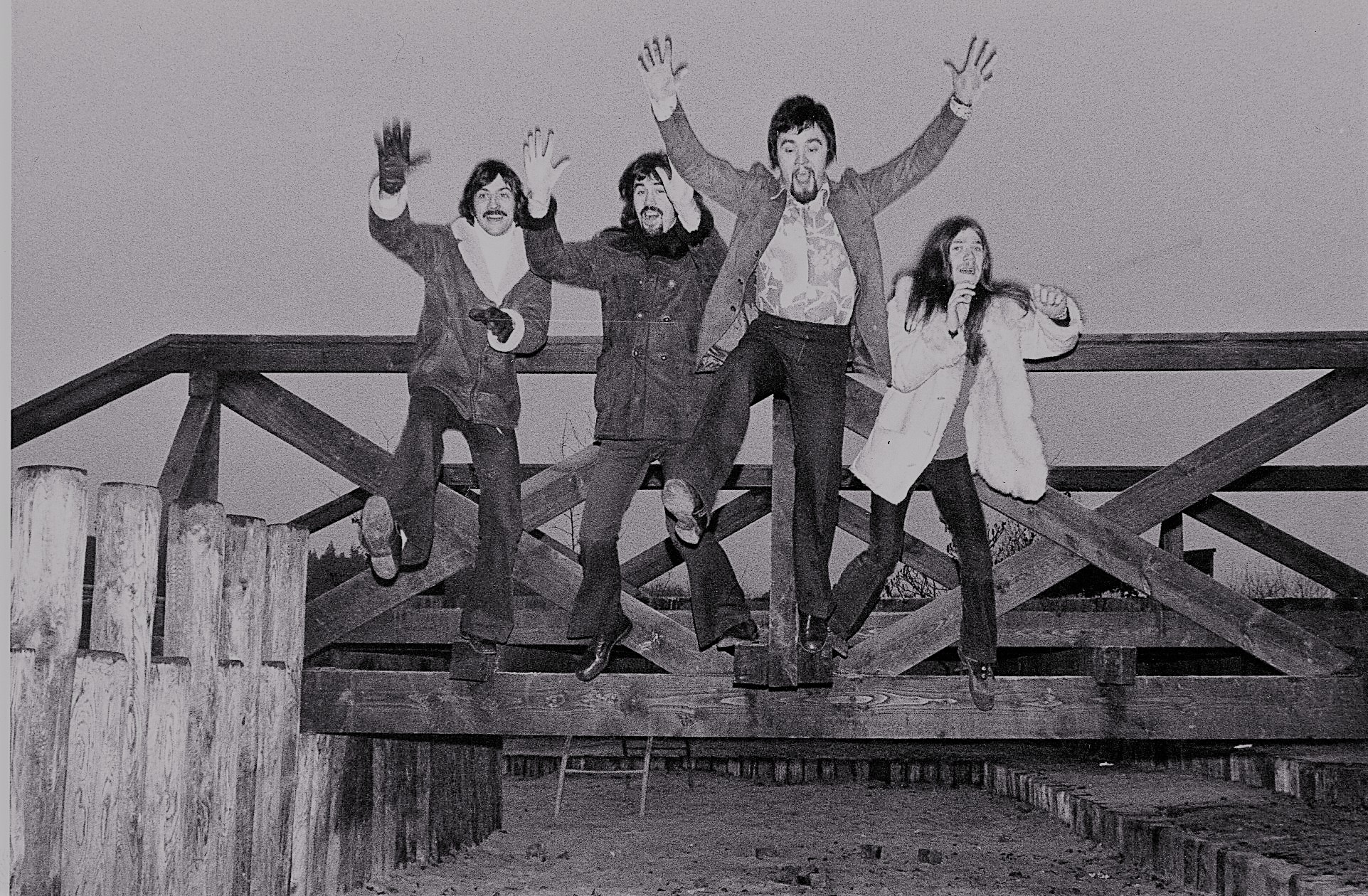
What followed?
Sylvio Verfürth: After my traineeship with a major daily newspaper at the beginning of the 70s, I worked as an editor and music and culture journalist until my retirement. I was also active as a music producer in the 80s. Together with the Maffay musicians’ Johnny Tame and Frank Diez, the American drummer James King and my brother Claudio Verfürth, we formed Double V Connection and released ‘UnderTaKing Rosalin’.
Jackie (Athanasios Paltoglu): In Germany I first trained as a wholesale merchant and, after my studies for industrial foreman (metal construction), I worked as a trainer in this field. In addition to playing drums in various groups, including the folk and country formation Detour, I played guitar. In the 1990s I toured under the stage name Phythagoras playing rebetiko. This took me all over Europe to Cape Town in South Africa.
Peter Lorenz (Eddy): In 1974 I revived the Hurricanes under the name Oldie Showband Hurricanes together with Bernd. From 1979/1980, Capo and I founded a dance and entertainment music formation called Eddy’s Oldie Band. In 1988 Capo quit the combo. After my apprenticeship and work as a glassblower, I completed an apprenticeship as an insurance clerk in the 70s. I became self-employed and founded an insurance agency, where I still work successfully today.
Bernd Capito (Capo): In 1993 I and Gerhard Eismann produced the CD ‘The Ropewalker’ with 11 own titles, which was released under the label Zun Recods in Treysa in Hesse in 1996. In 2021 it was released with more titles as the streaming edition ‘The Ropewalker’. I started my professional life at the end of the 50s with a successful apprenticeship as a toolmaker. At the beginning of the 70s, I completed a total of two years of computer programming at schools in Kassel and Fulda. In 1969, after my professional entry into the IT world, I worked until my retirement as an organizational programmer at one of the largest iron mills in Germany with its headquarters in the city of Allendorf.
Uli Mund: I completed a successful apprenticeship as a toolmaker. After the end of my active time as a musician in the late 70s, I retrained and completed an apprenticeship as a masseur and medical bath attendant. From the mid-90s, I became self-employed as a broker. I retired in 2020.
Klemen Breznikar
Very special thanks to Manfred Steinheuer of Longhair Music and Dr. Martina Häusler
Longhair Music Official Website

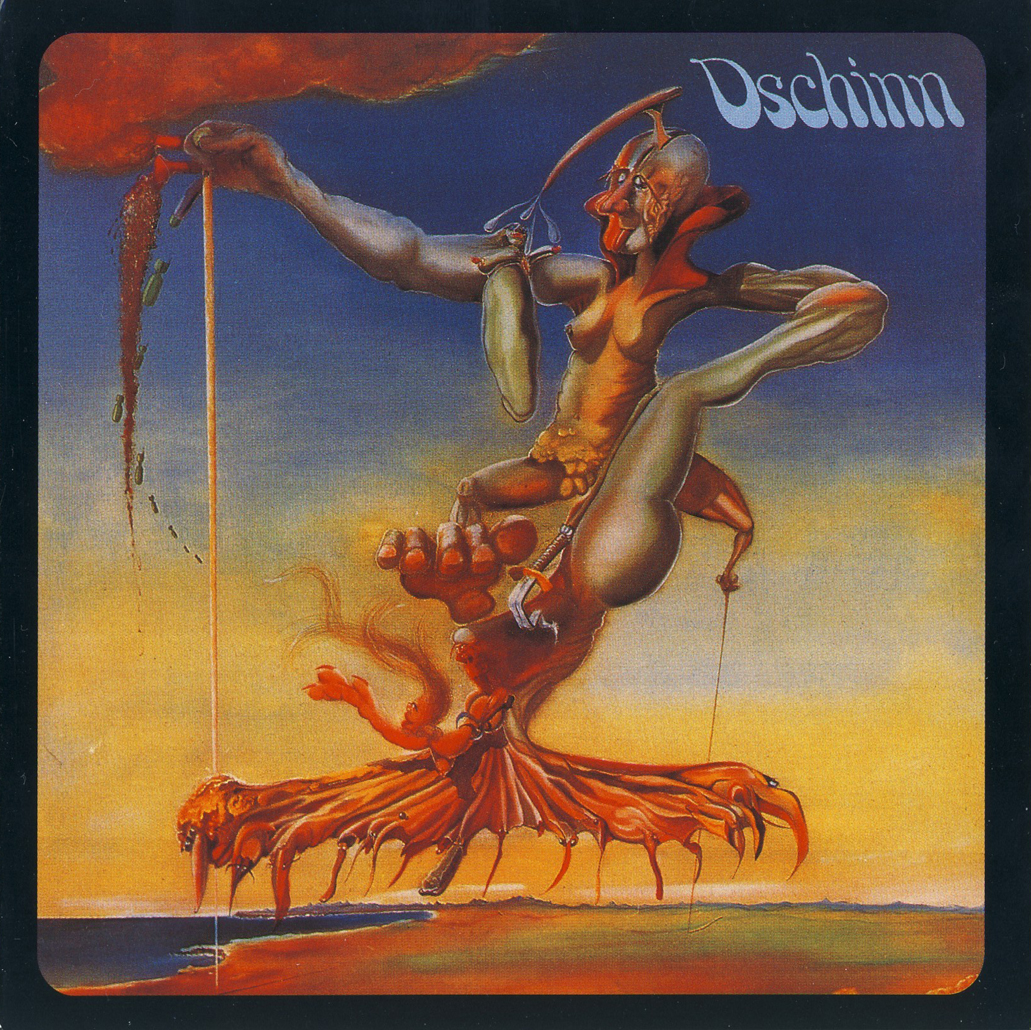
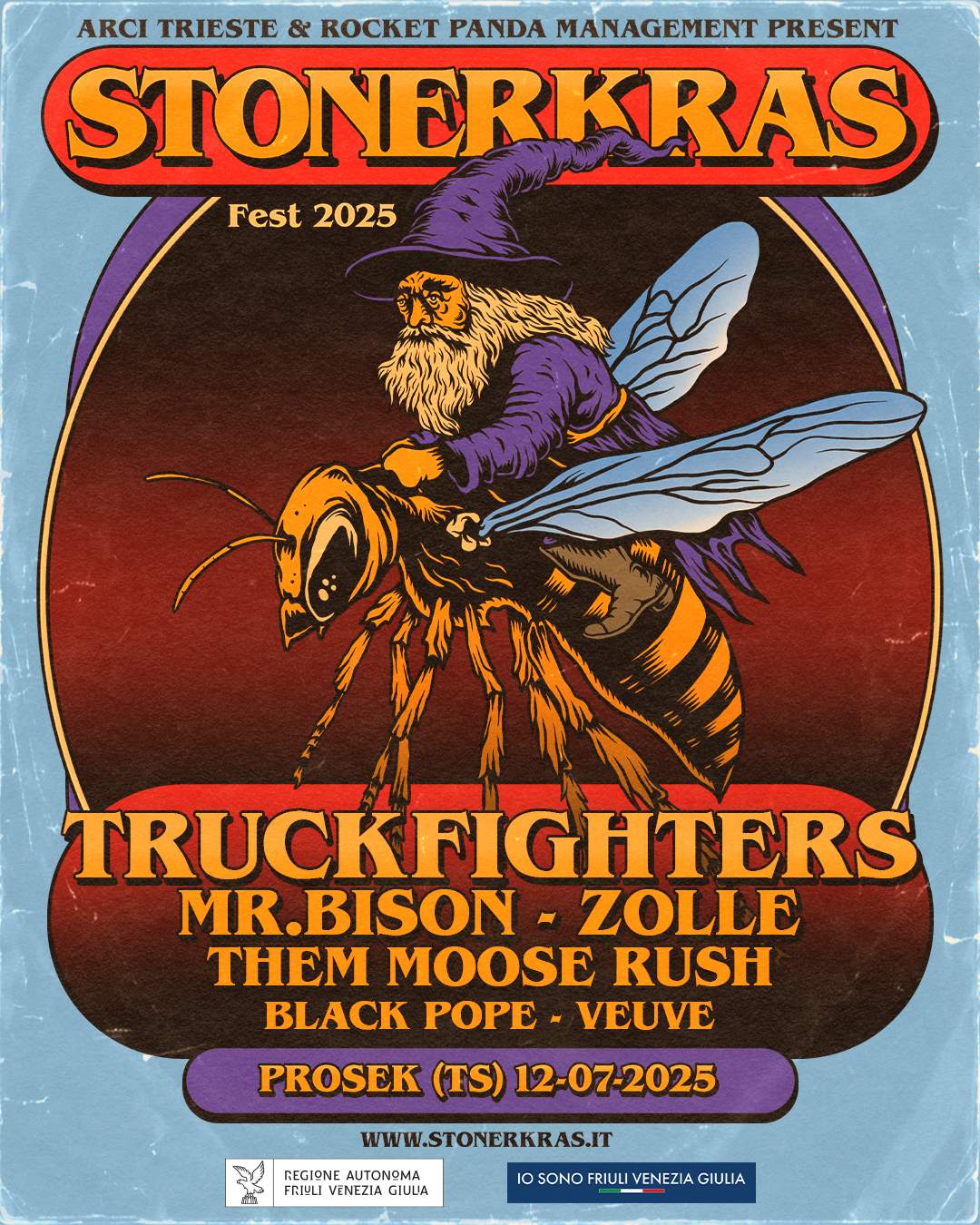
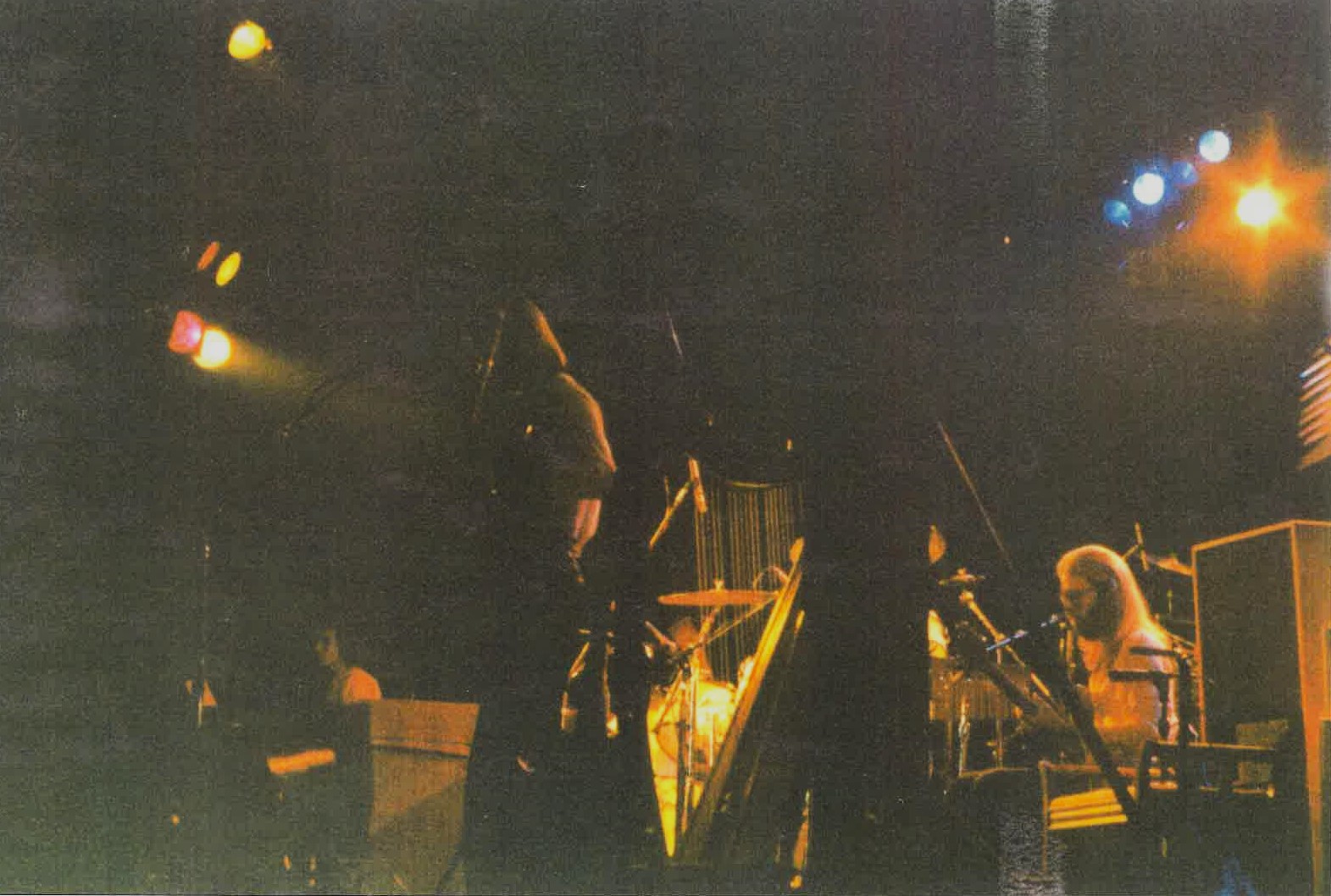
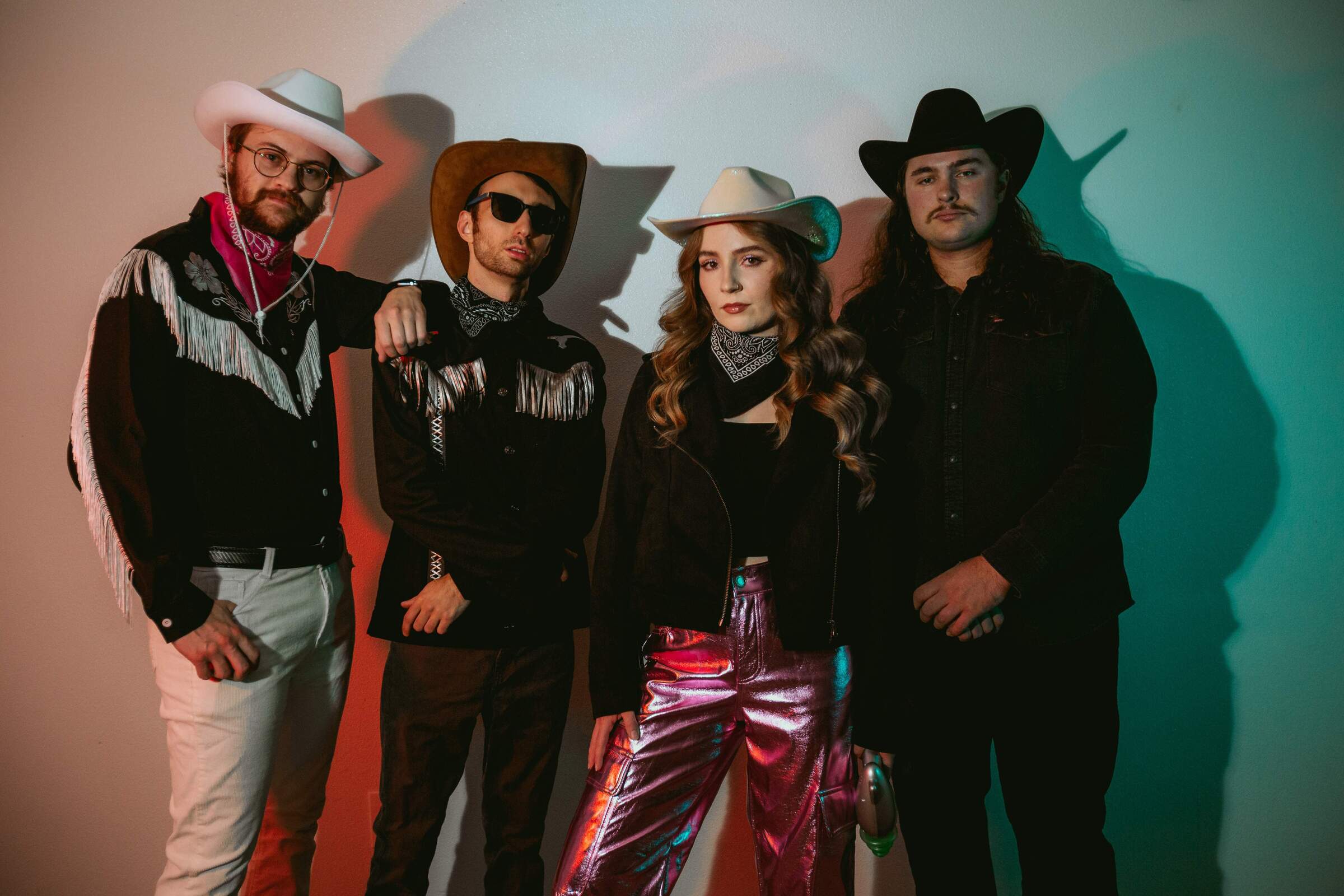
Thank you for the unknown.